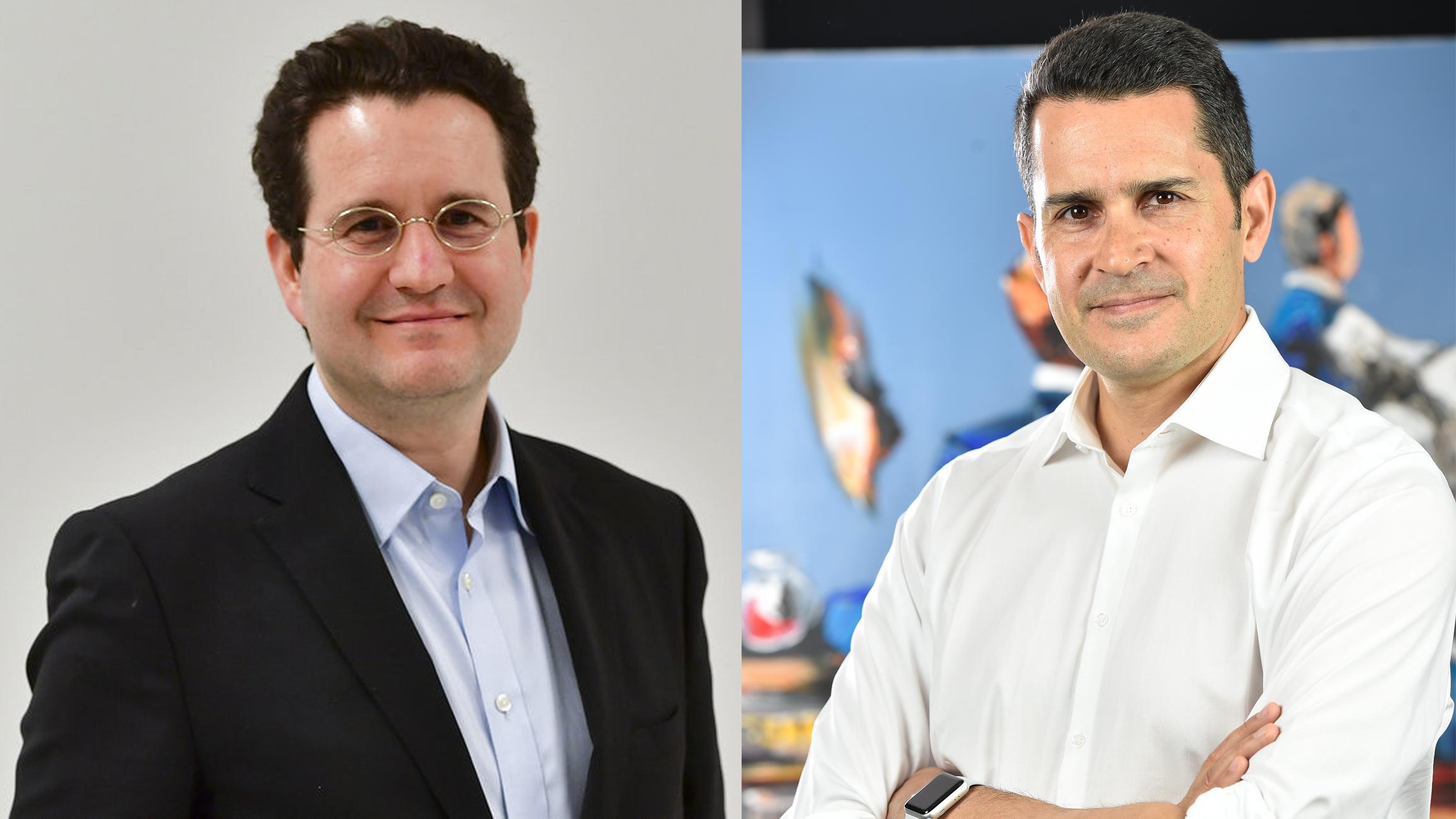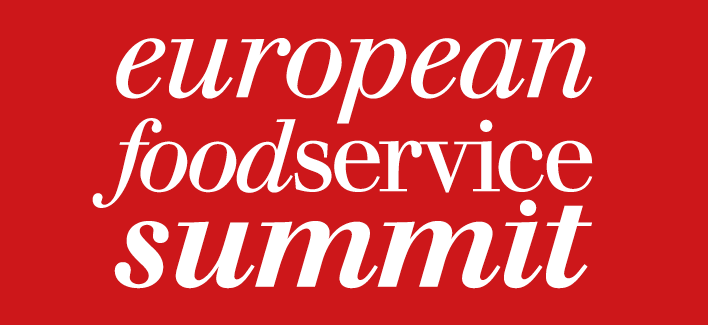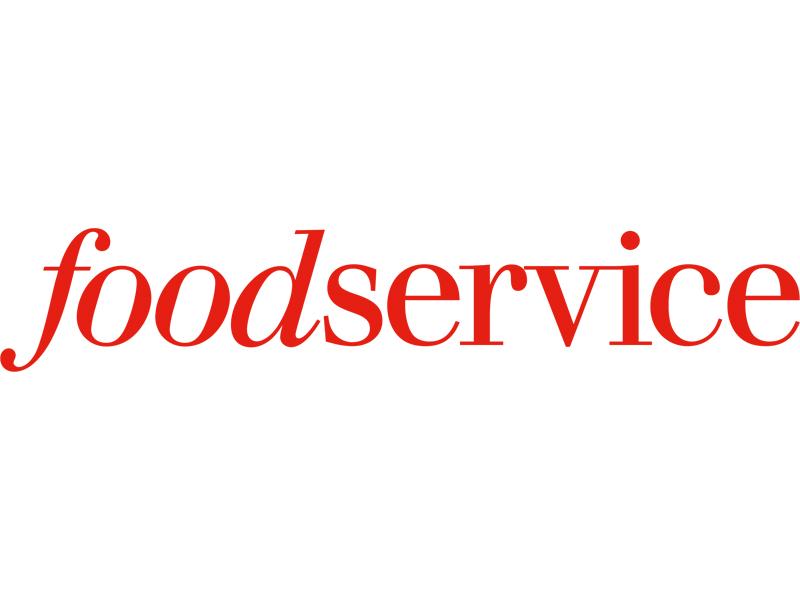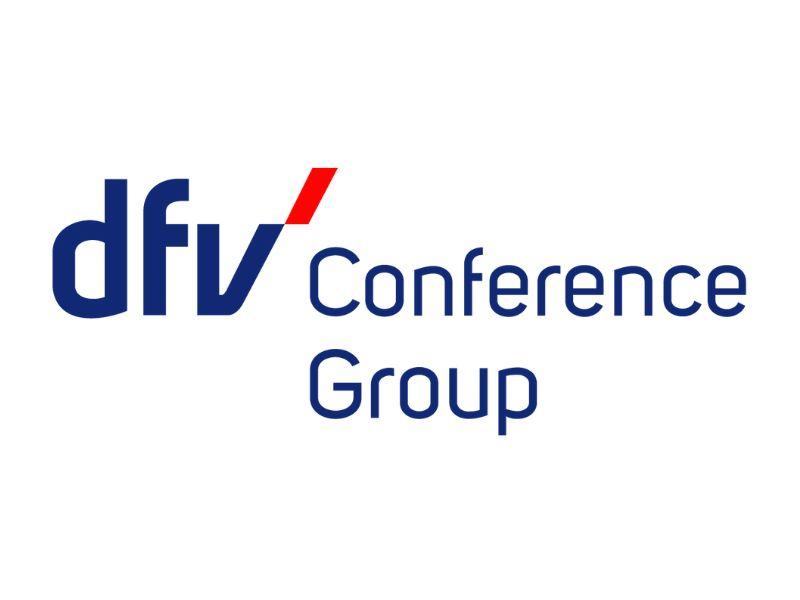EFSS satellite: On international expansion and the market in the Middle East

Vincent Mourre (left), Mert Askins (Credit: WhiteSpace Partners, Azadea)
A sneak peek into the upcoming European Foodservice Summit set for September occurred on January 10th in London, where a group of prominent restaurateurs gathered. Besides providing an excellent platform to broaden and reinforce their networks, participants benefited from significant insights from two recognised experts in their field. Vincent Mourre of WhiteSpace Partners presented an analysis of international expansion, while Mert Askin from AZADEA offered insights into the burgeoning markets in the United Arab Emirates (UAE) and Saudi Arabia.
Vincent Mourre, a partner at WhiteSpace Partners, recently conducted a fascinating analysis of fifty foodservice brands at this satellite event in London. The study focused on their attempts to enter new markets, overseeing around 140 scenarios. Mourre shared, “Not everyone tasted success, and the methods adopted were exceptionally diverse.”
The research indicated that full-service restaurant chains like Nando’s, L’Osteria, and Stick’n’Sushi registered a success rate of 42 percent. On the other hand, quick-service restaurants (QSR) and fast-casual concepts such as Time Out Market, Swing Kitchen, Dodo Pizza, and Max Burger lucked out slightly better with about 46 percent. Interestingly, for coffee shop and bakery giants, including Espresso House and Costa Coffee, the expansion success rate was approximately 80 percent.
Success Rates and Preferred Expansion Targets
Mourre appreciated that British and American brands continue to hold sway in Europe and the Middle East. New market entries have come to prominence, with the Middle East becoming an attractive choice for many foodservice brands, closely trailed by the United Kingdom and, progressively more, Saudi Arabia.
However, despite several success stories, international triumph is not guaranteed: Over 10 percent of the brands examined withdrew quickly from their target markets, while a mere 11 percent managed to establish more than 30 units outside their home countries. This group includes bigwigs like Taco Bell, Five Guys, Popeyes, Carl’s Junior, and Caffé Nero.
Mourre underscored that companies mulling international expansion should plan comprehensive market research and exercise patience. Extracting success in the domestic market does not necessarily ensure success abroad, he warned.
Insights from Middle East expert Mert Askin
Mert Askin, a Middle East expert, then took the stage. Askin resides in Dubai and controls the restaurant business of the AZADEA Group. AZADEA is among the leading regional retail groups and operates around 40 international franchise brands across the region in fashion and lifestyle retail, and F&B. He confirmed, without a doubt, that the UAE dominates the foodservice industry, with countries such as Kuwait and Qatar, as well as Oman and Bahrain, also not shrinking from the spotlight.
“It is not an exaggeration to say that UAE is dominating the market in various industries and, definitely, in foodservice industry. Other noteworthy countries are Kuwait and Qatar, and then Oman and Bahrain. Over the last few years, the mega players have been increasingly growing their presence in the international arena; by hosting various international events such as EXPO in Dubai or FIFA World Cup last year in Doha, as well as various other sporting tournaments and international exhibitions in Riyadh and rest of Saudi Arabia;” Mert says.
A significant number of international restaurant brands already exist in the UAE, from fast food to casual, to fine dining. Although previously dominated by international franchises, an increasing plethora of homegrown brands are emerging, gradually expanding onto the international stage. Examples include The Maine, Kinoya, Gaia, Il Borro, and Pickl.
The restaurant market in Saudi Arabia (KSA), largely dominated by quick-service chains, each flaunts more than 500 units. Names like McDonald’s, KFC, Domino’s, and Dunkin stand out. A few homegrown fast food brands, like Al Baik, Burgerizer, and Maestro Pizza, offer strong competition.
Fine dining, a concept almost non-existent until five years ago, has now mushroomed extensively. A multitude of fine dining brands have emerged, like Zuma’s, Roka, Hakkasan, and Scalini, bringing a unique difference to their global range – they do not serve alcohol. Still, these restaurants present an experience similar to what patrons would encounter in their London or other global branches. Lastly, the Saudi government is financially encouraging the expansion of several sectors, including the restaurant industry.



